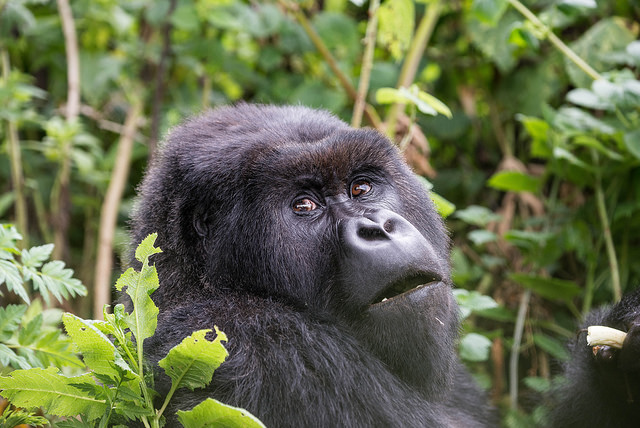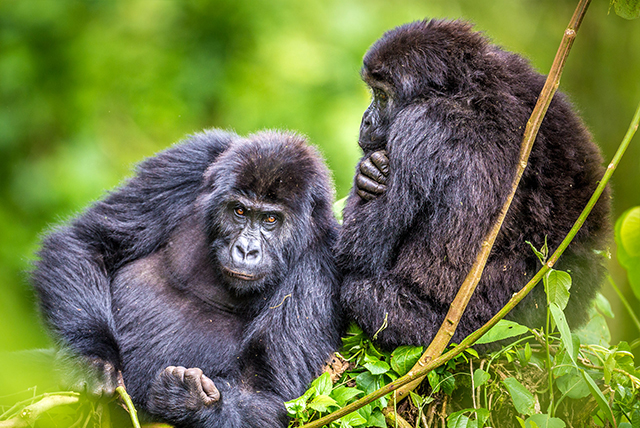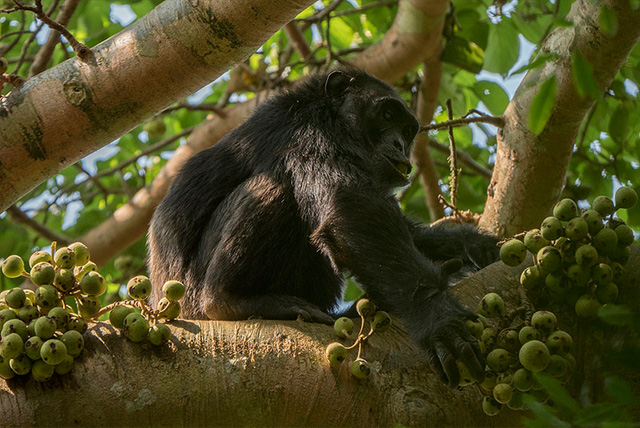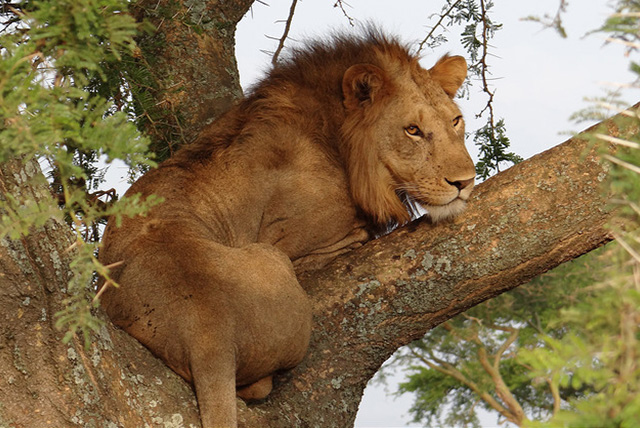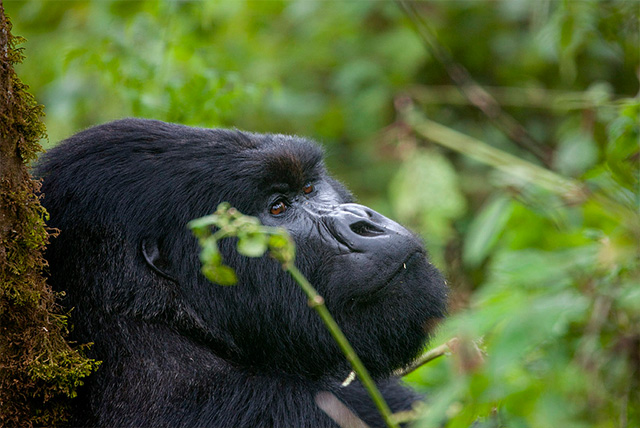Is Lesotho Safe
Is it safe to go on safaris in Lesotho?
Absolutely. Lesotho is often viewed as a secure travel spot, boasting a crime rate that is relatively low in comparison to other African nations. Being aware and taking care is essential when exploring a new country.
Here are some suggestions to boost your safety:
Stay informed: Keep yourself in the loop about the current situation in the country by checking travel advisories and trustworthy sources of information before your journey.
Stay alert in bustling cityscapes: Always be aware, particularly in lively urban environments and popular tourist destinations. Keep an eye on your belongings and stay alert to your surroundings.
Be discreet with your belongings: Ensure that your important items, like passports, money, and electronics, are safely tucked away in a hotel safe or a locked bag when you’re not using them.
Embrace local customs: Get to know the local traditions and practices to ensure you navigate your journey without causing any unintentional offense. Dress respectfully, especially in countryside regions and when exploring cultural or religious landmarks, and always seek permission before capturing any photographs.
Lesotho offers an exhilarating hiking experience with numerous multiday trails both within its borders and connecting from South Africa. These areas can be wild and untamed. Knowledgeable guides are on hand, and their services come highly recommended, unless you possess experience in navigating mountainous terrain and the unique landscapes of Lesotho.
For the latest hiking insights, you can connect with MCSA, the Mountain Club of South Africa.
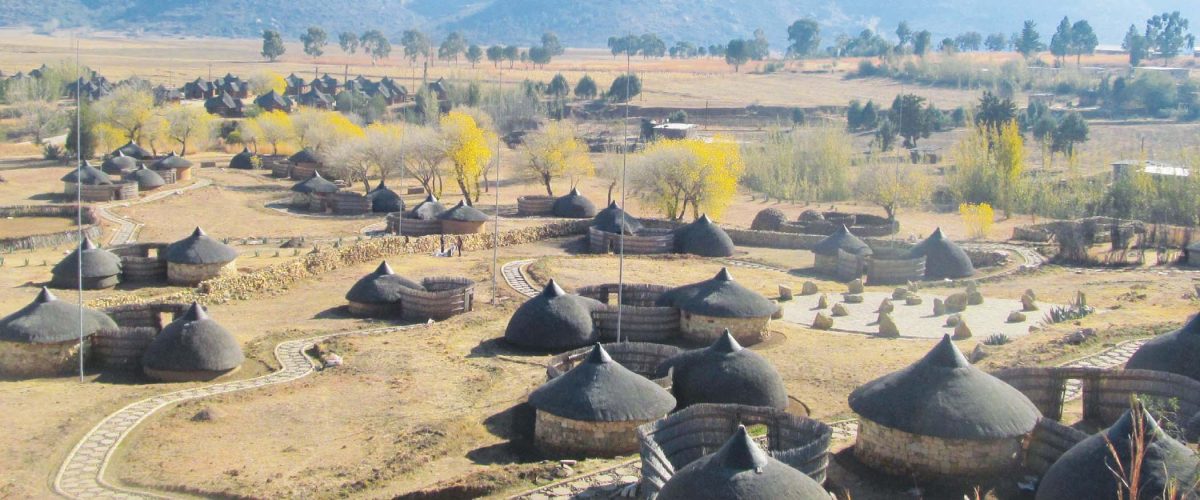
Lesotho Health and Safety
When preparing for a trip to Lesotho, it is wise to make sure your vaccinations are current. This encompasses tetanus, polio, and diphtheria, now offered as a combined vaccine, along with hepatitis A.
Documentation of yellow fever vaccination is required only if you are coming from a country where yellow fever is a concern or endemic, but Lesotho is not classified in this way.
Lesotho offers a safe environment free from malaria concerns. However, if you are merging your journey through Lesotho with an exploration of South Africa’s low veld, Kruger, eSwatini, or Mozambique, then it is wise to be ready. The rainy summer season stretches from October to March, presenting the greatest challenges.
Being mindful of the significant presence of HIV/AIDS in the country and taking the right precautions is essential.
Exploring the wilds of Lesotho
Be sure to bring along your favorite insect repellent to fend off those pesky bugs.
The African sun can be intense, even in the winter months. Don’t forget to pack a hat, sunglasses, and sunscreen! It’s also wise to bring along a bottle of water to keep yourself refreshed and hydrated.
In Lesotho, you will not encounter any perilous mammals, but as you embark on your hiking journey, it is wise to stay alert for snakes, particularly puff adders and Berg adders that may be hidden while they hunt. Encounters with snakes in Lesotho are uncommon.
Transportation safety: A lot of individuals opt for self-driving in Lesotho. Though the main highways are well-maintained, the backroads offer a thrilling mix of bumps, wandering animals, and local life. Steer clear of nighttime driving, as cattle frequently rest on the roads and can be hard to see.
When hiking in Lesotho, it is wise to bring along cigarettes or sweets to share with the numerous herdsmen you will meet along the way.
Money Matters in Lesotho
The currency used here is the Lesotho Loti, derived from Maloti. The loti is tied to the South African Rand (ZAR), allowing for a seamless exchange between the two currencies at a 1:1 rate. In Lesotho, you will find that both Loti and South African Rand are embraced and commonly used.
It is a good idea to have some local currency on hand for smaller shops, tips, local crafts, and rural areas, while credit and debit cards are typically accepted in larger venues. Tipping is not mandatory, but it is certainly welcomed for exceptional service.
A typical gratuity of about 10% is standard in dining establishments unless a service charge has already been added. It is always a nice gesture to show appreciation to hotel staff, porters, and tour guides. Keeping a bit of local currency handy for tips can enhance your experience.
When exploring rural areas, customs can differ significantly from one location to another, so it is wise to consult your guide or the staff at your accommodations regarding what is considered appropriate behavior.
Be mindful of your etiquette
The Basotho people are kind-hearted and well-mannered, preferring harmony over discord. Maintain a sense of courtesy and respect, even in moments of frustration, and avoid letting anger take over, as it can be quite hurtful.
Greeting people in Lesotho is essential, and picking up a few basic phrases can be quite rewarding, such as hello – Lumela, goodbye – Sala hantle, and thank you – Kea leboha.
When exchanging items, it is a common practice to use both hands.
Most Basotho people are generally open to having their pictures taken, but it is always courteous to ask first. In remote areas, you may find yourself navigating a bit of sign language, and asking questions opens the door to connect with locals, enriching your cultural journey.
Keep an eye on your possessions
In general, the Kingdom of Lesotho offers a different atmosphere compared to South Africa, with a more tranquil environment when it comes to crime rates. Your possessions ought to be secure, particularly when you are in game parks, lodges, hotels, and campsites.
Yet, it’s wise to be prepared for anything that comes your way. Stay alert with your possessions and ensure your luggage is never left unattended, whether you are at the airport, train station, hotel lobby, or enjoying a day at the beach. Keep your treasures hidden and avoid showing off your money.
Staying alert in bustling cities is wise, particularly in vibrant markets where opportunistic thieves may seek out unsuspecting travelers.

